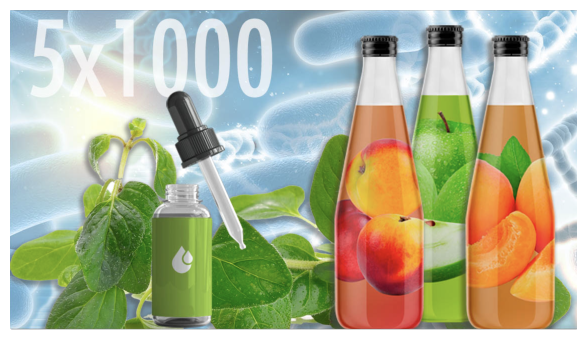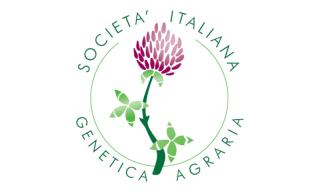Health: New bactericidal treatment to prevent spoilage of fruit juices
ENEA researchers have developed an innovative and low-cost treatment ensuring quality and safety of food products such as fruit juices. Developed thanks to the 5 x 1000 funds to scientific research, the report on the new treatment was published in the international open access journal “Foods” (MDPI).
The new treatment is based on oregano essential oil, known for its antibacteria activity[, in particular against Escherichia coli.
ENEA researchers have developed an innovative and low-cost treatment ensuring quality and safety of food products such as fruit juices. Developed thanks to the 5 x 1000 funds to scientific research, the report on the new treatment was published in the international open access journal “Foods” (MDPI).
The new treatment is based on oregano essential oil, known for its antibacteria activity[, in particular against Escherichia coli.
“Bacterial contamination of food and drinks poses a major threat to public health globally. We focused on Escherichia coli, an important member of the normal intestinal microbiota of humans, which includes pathogenic and altering strains associated with unpasteurized fruit juices ", explained Annamaria Bevivino, head of the ENEA Laboratory of Sustainability, Quality and Safety of Agri-food Productions, which developed the innovative treatment.
The study conducted on apricot, peach and apple juices inoculated with a reference strain of E. coli, showed that the synergistic action of heat at 65 ° C and essential oil of oregano (Origanum vulgare) can be a promising antimicrobial alternative to improve the safety of fruit juices, thanks to its ability to drastically reduce the bacterial load without altering the organoleptic and nutritional properties of cold-pressed juices.
"The hydrophobic nature of the essential oil of oregano allows it to penetrate the cell membrane of the pathogenic bacterium, disturbing its functionality. This action can be improved and made even more effective thanks to the combined application of a mild heat treatment", continued Bevivino.
To assess and confirm the effectiveness of the new treatment[2] in fruit juices, ENEA researchers used advanced techniques like flow cytometry and fluorescence-activated cell sorting (FACS), which allow real-time, realiable investigation of target bacterial populations. "We have found that traditional analysis techniques cannot identify bacterial cells in the "vital but non-culturable state (VBNC)[3]”, with important implications both in terms of quality and safety for the consumer if there are pathogenic microorganisms involved. In fact, our tests showed that both the heat and the essential oil treatments, if used individually, led to a partial inactivation of the bacterial strain, mainly affecting its cultivability rather than its viability. The combined treatment, on the other hand, drastically reduced long-term cultivability and viability of E. coli” Bevivino concluded.
Developed by an ENEA team thanks to 5x1000 funds to research.





